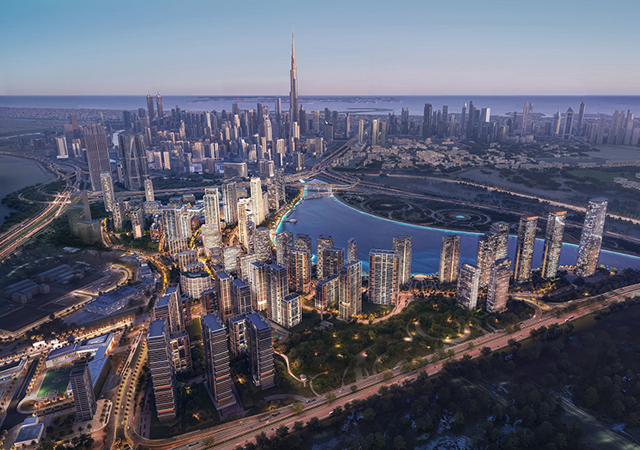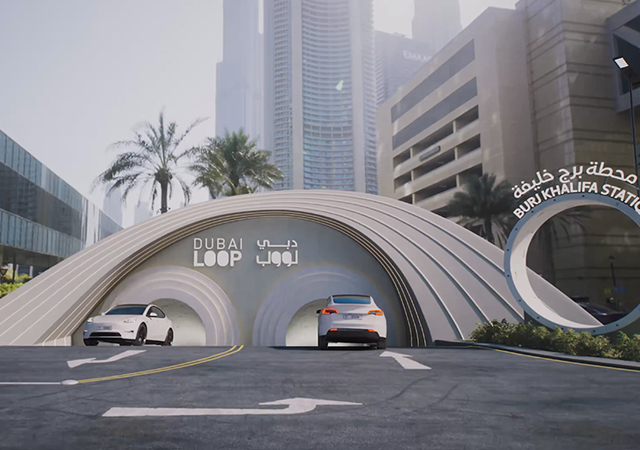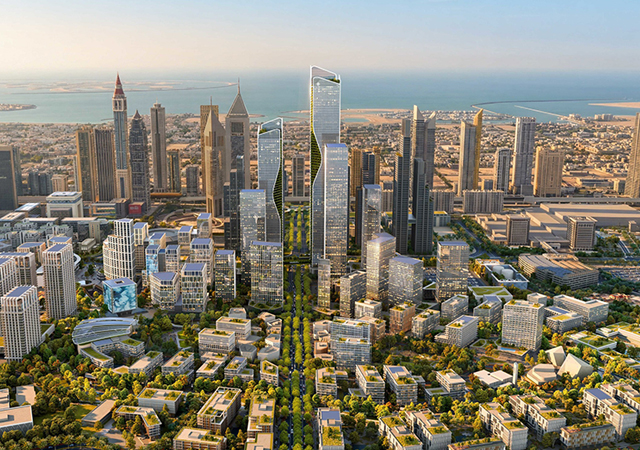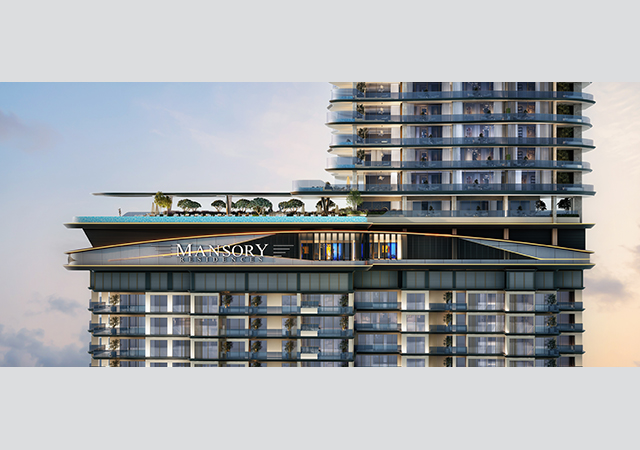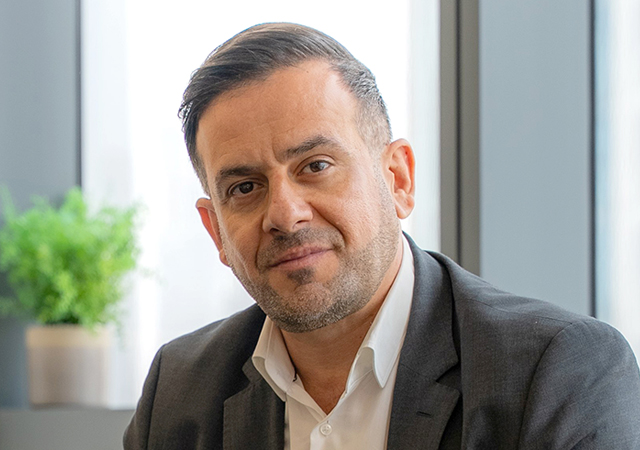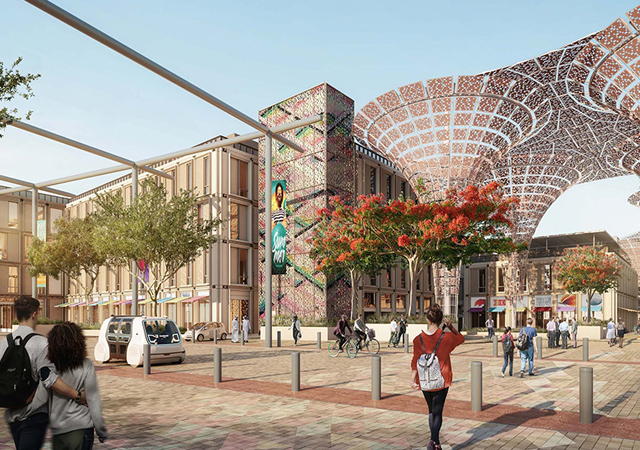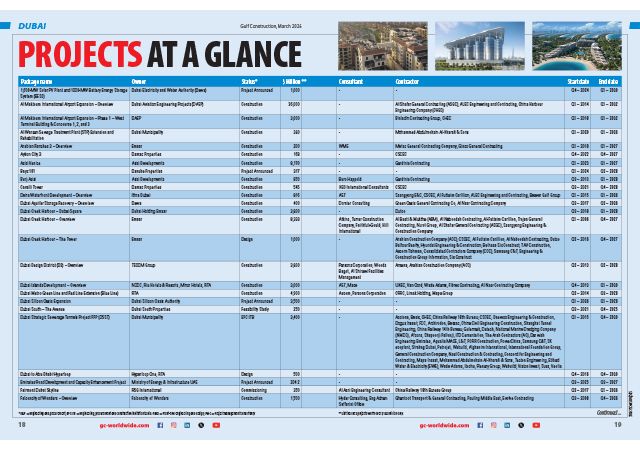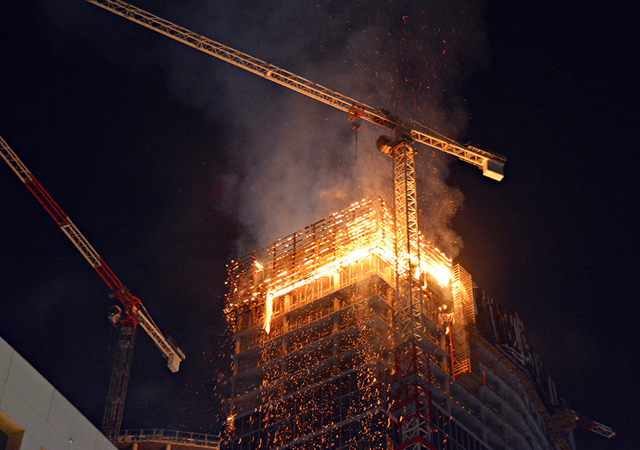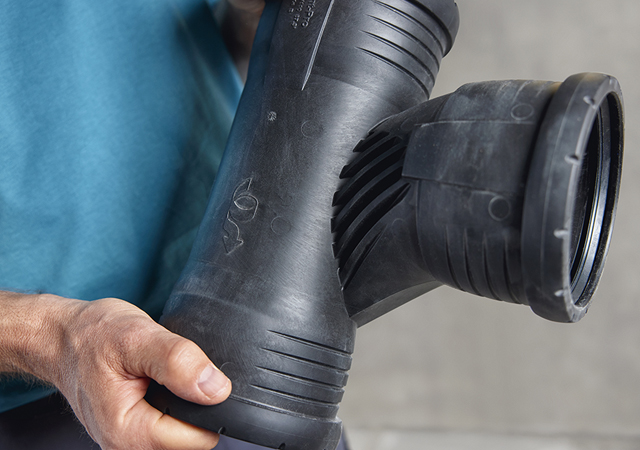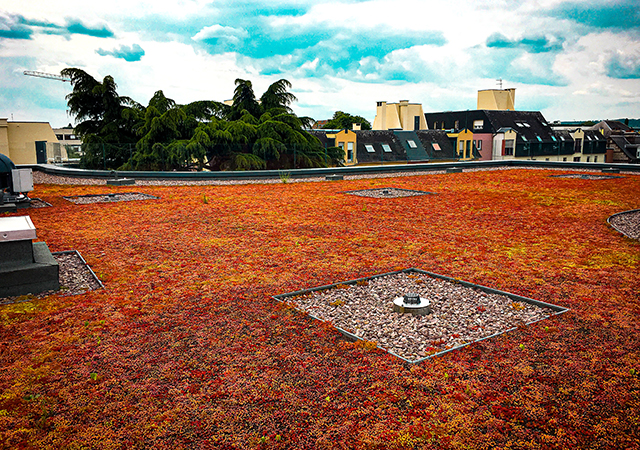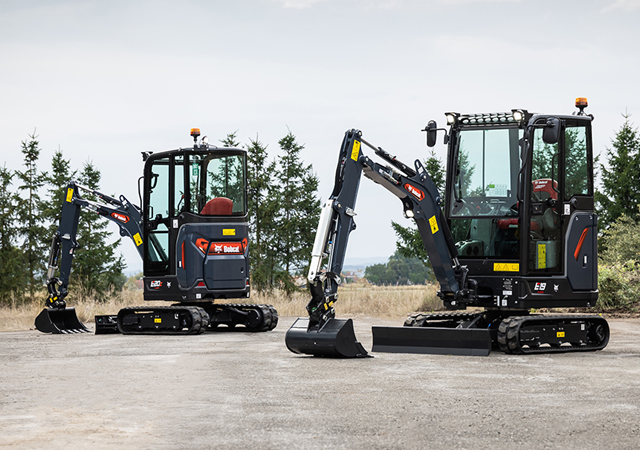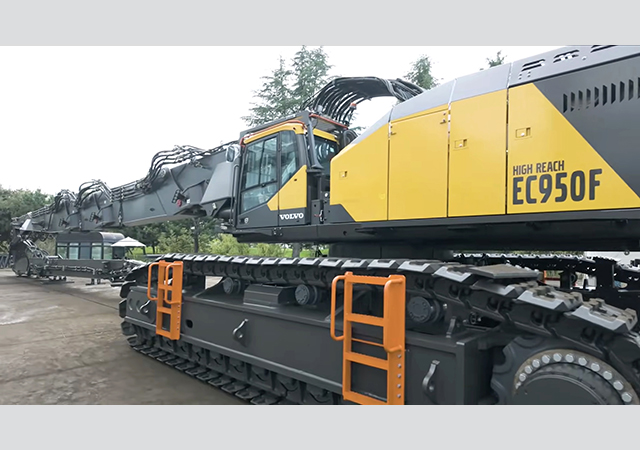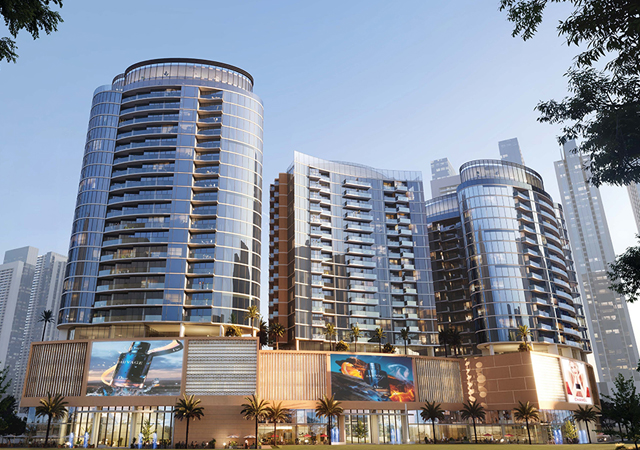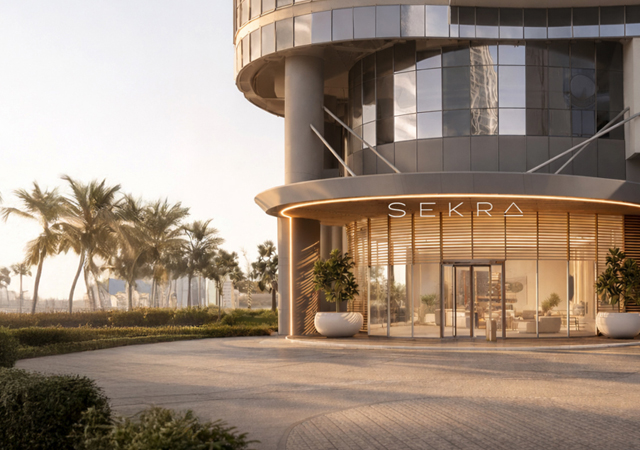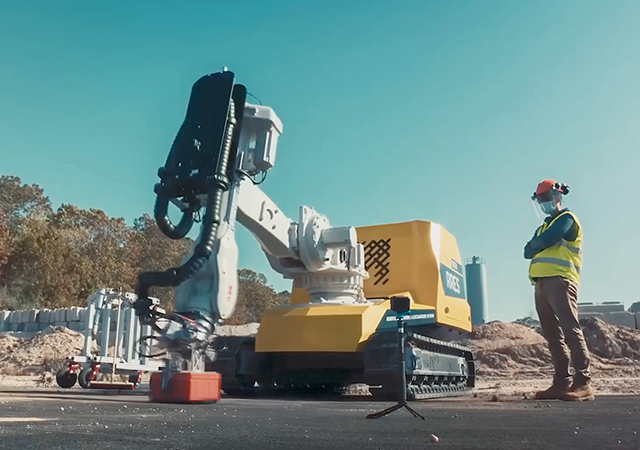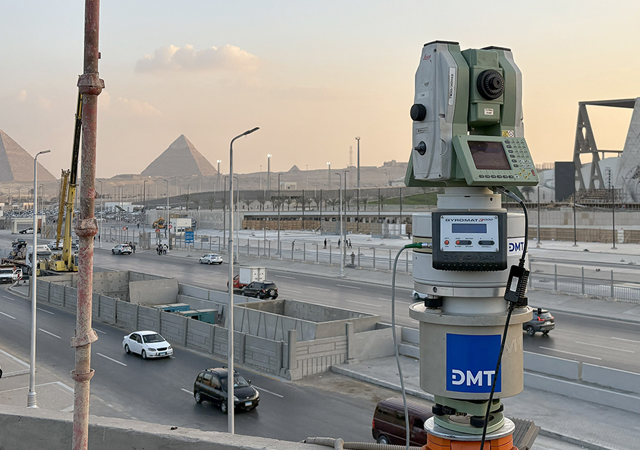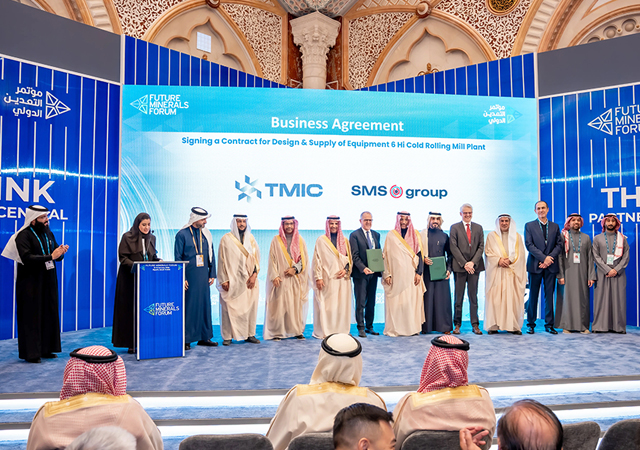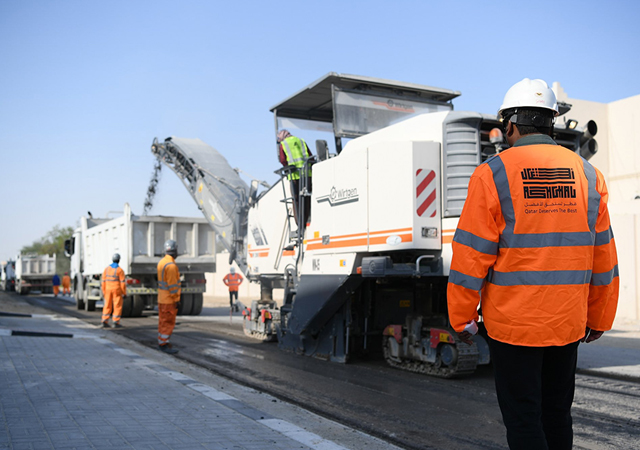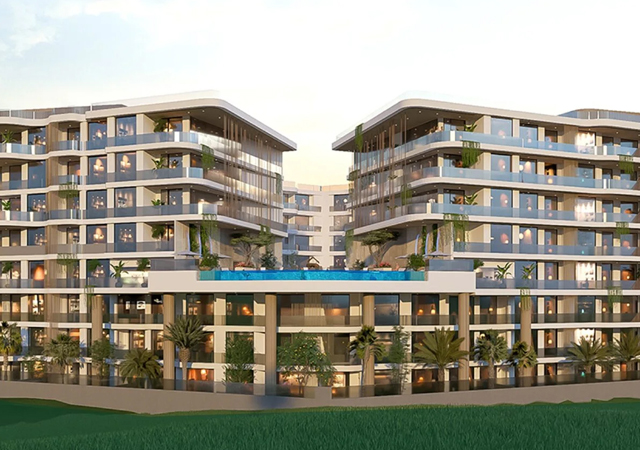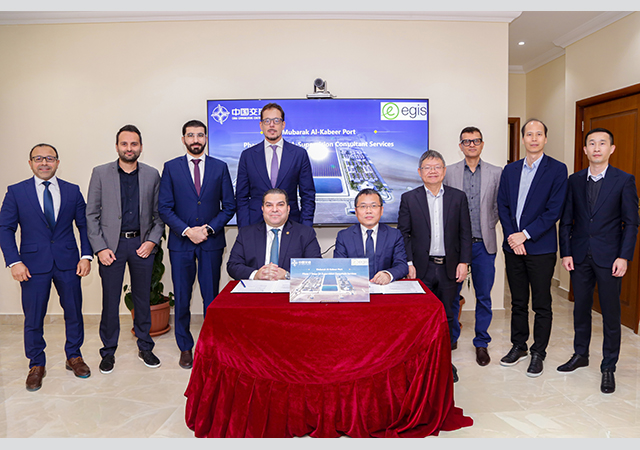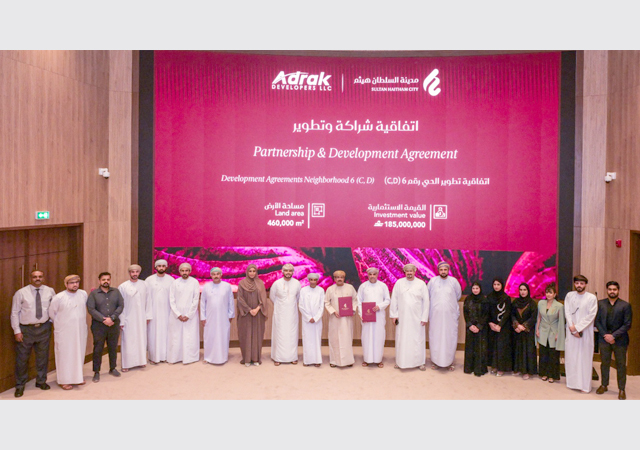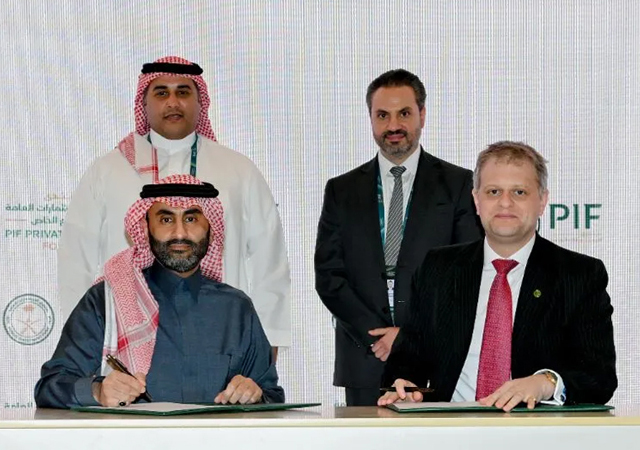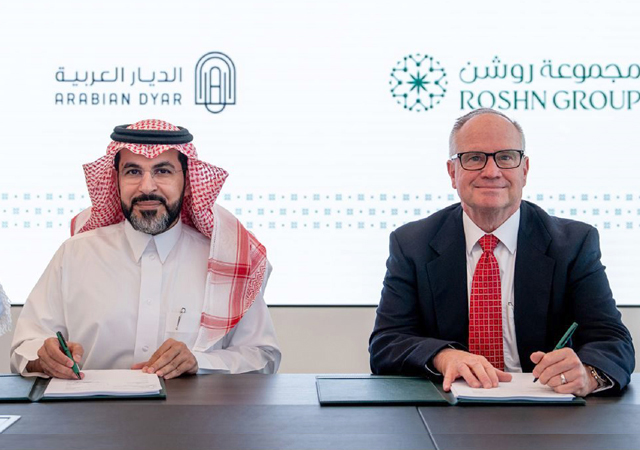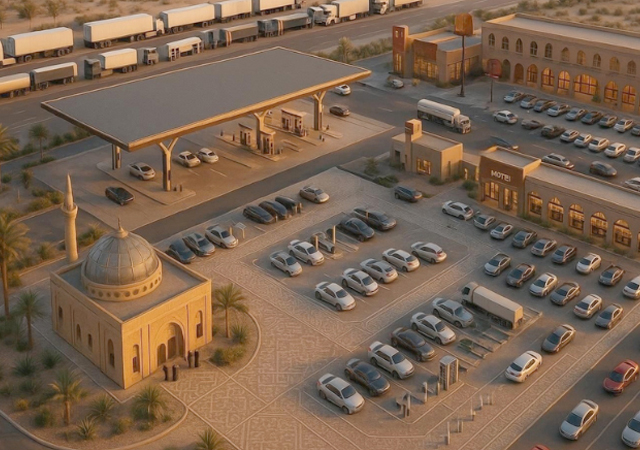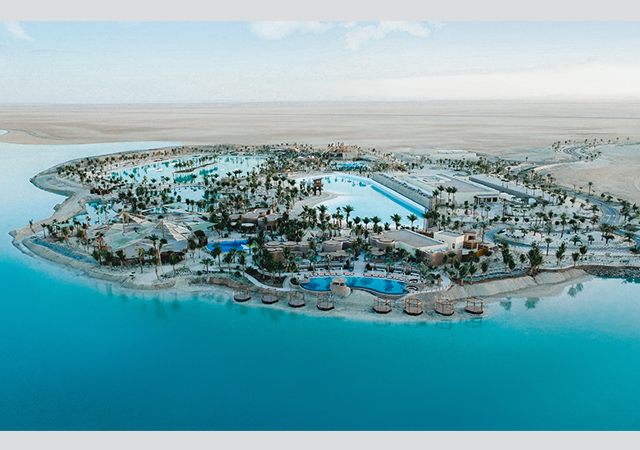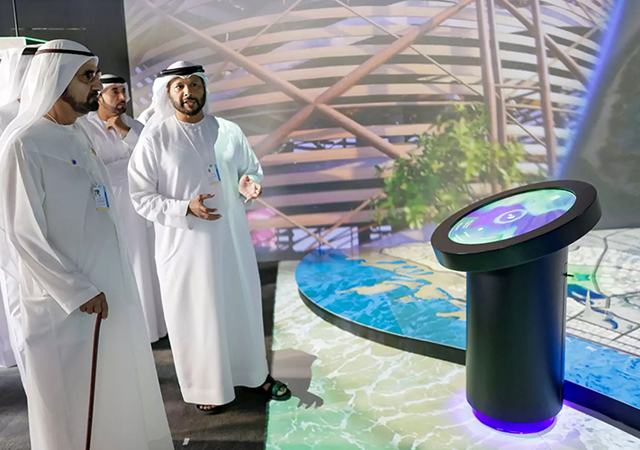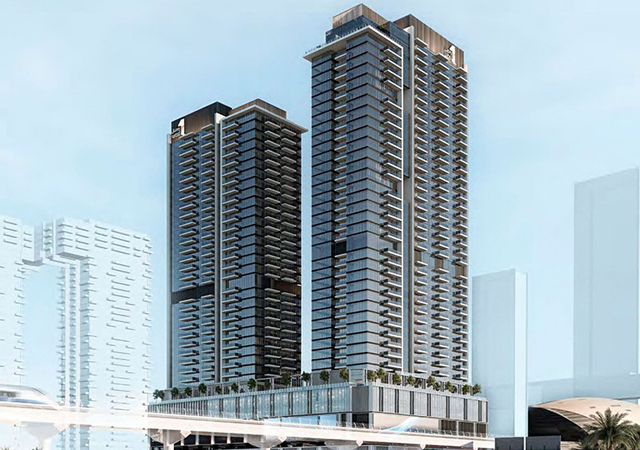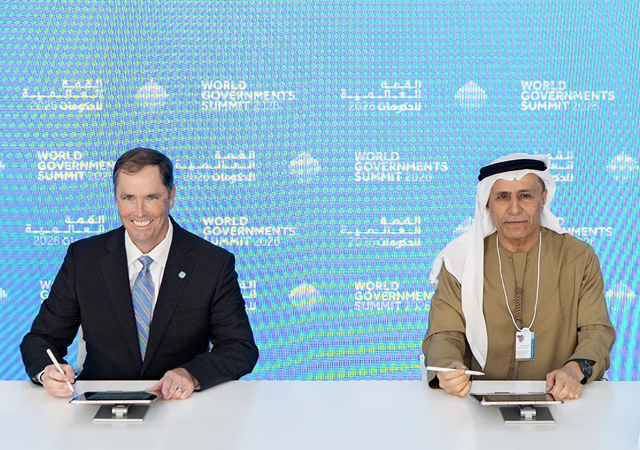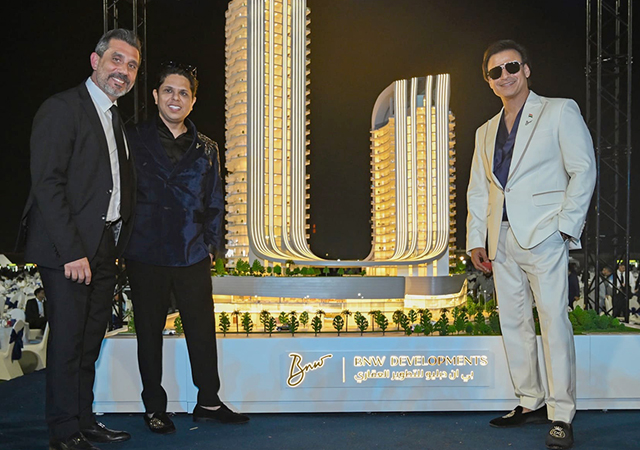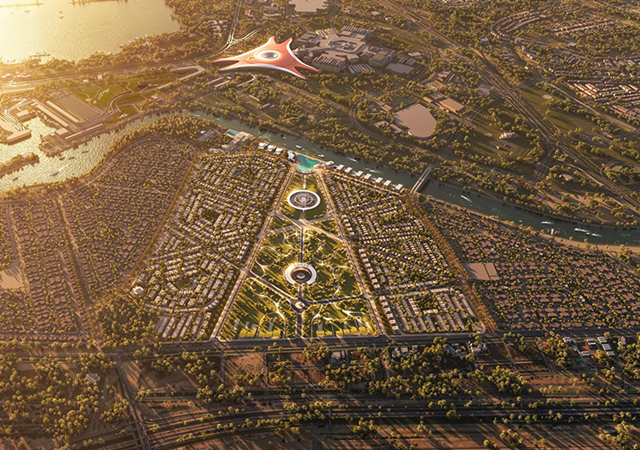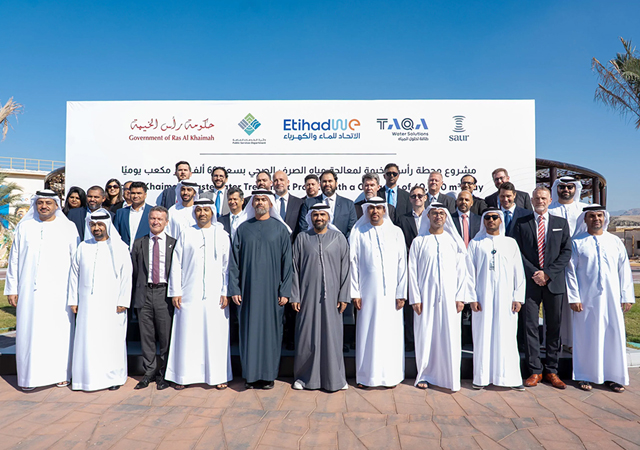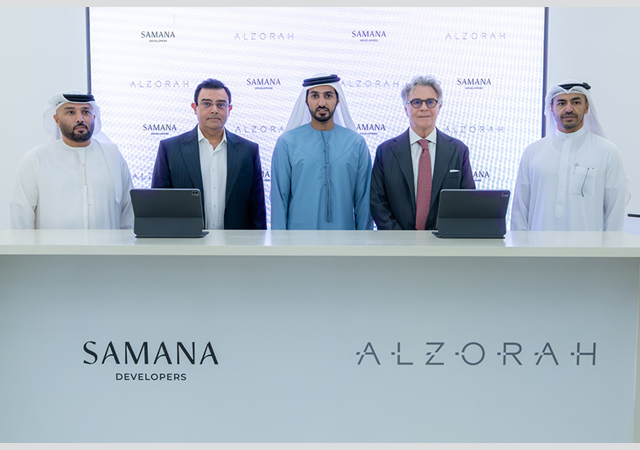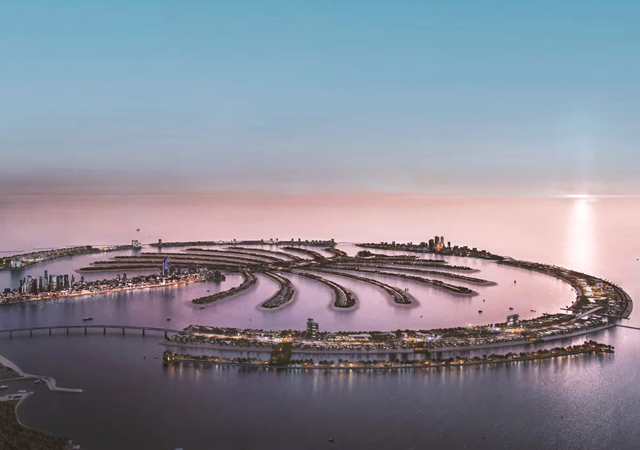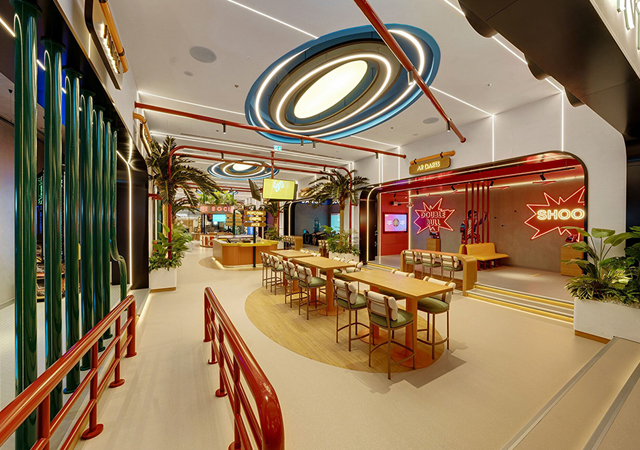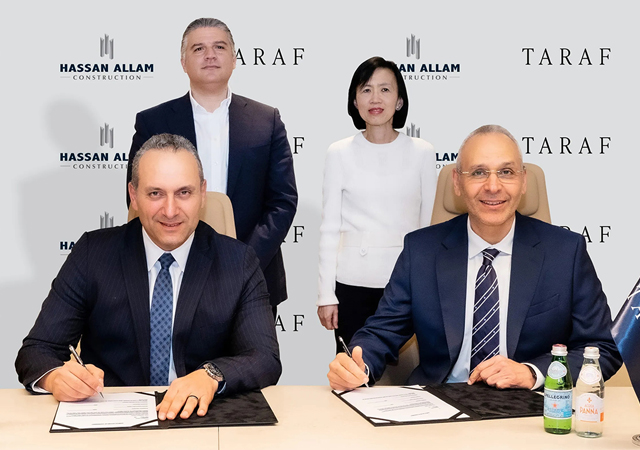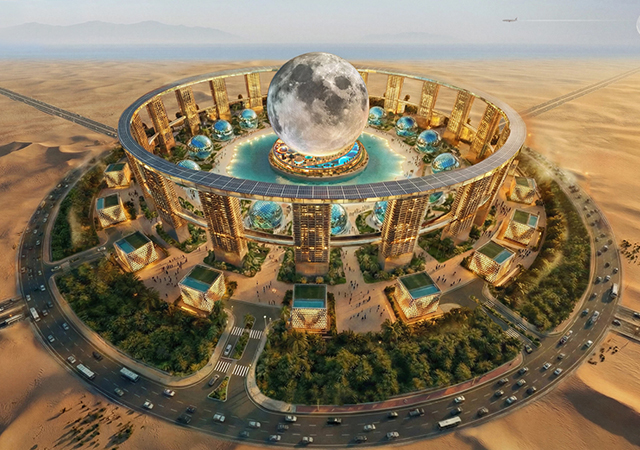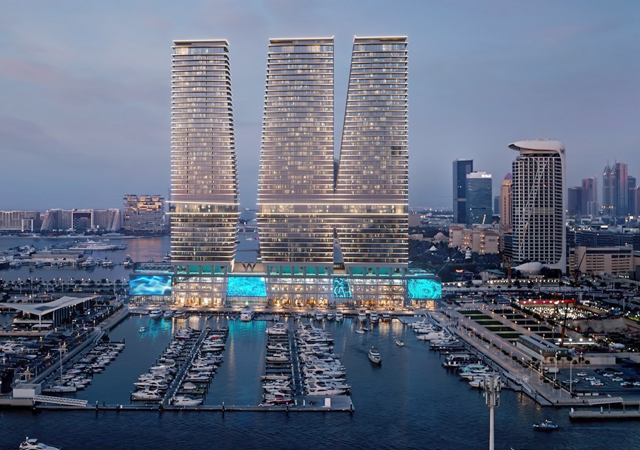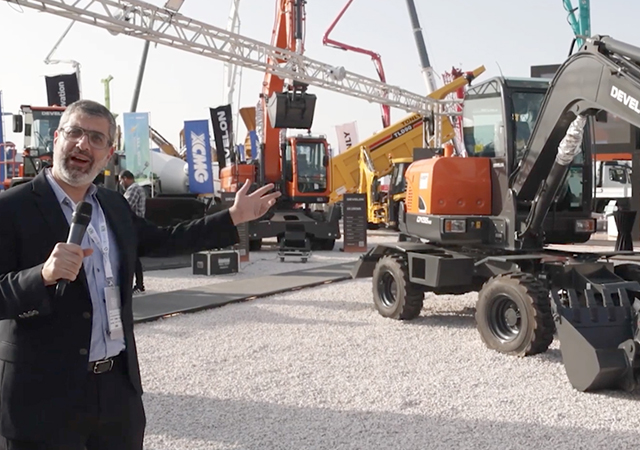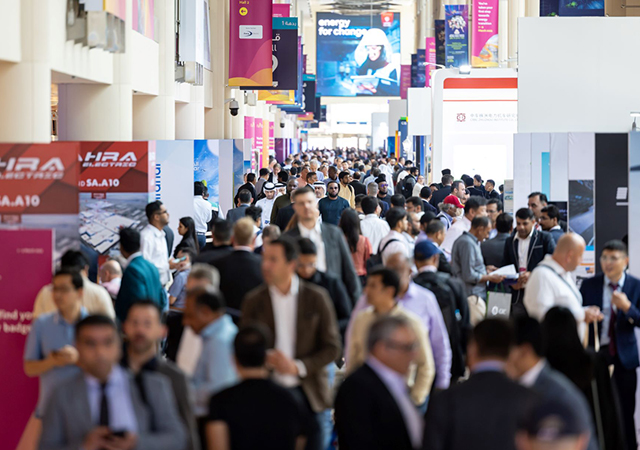
Value Stream Mapping and Lean Manufacturing processes, two of the most powerful techniques to reduce manufacturing bottlenecks and increase organizational efficiency, will be the focus of a key seminar in Oman next week.
The Oman Manufacturing Group will hold its final seminar for 2007 on December 16 at 7:30 pm at the Crowne Plaza Hote Muscat.
A panel of manufacturing experts led by S Gopalan, CEO, Reem Batteries will take part in the event. The panel will include Amrou Al Sharif, Teclution; Raza Ashraf, Total Alignment; and Venkatesh, Savoir Faire Management Consultancy.
In the face of increasing global competition, manufacturing companies across Oman face a number of growing challenges from reducing costs, improving marketing, packaging, design and product quality, training, introducing new technology through to speeding up production processes.
In order to help manufacturers meet these challenges, the Public Establishment for Industrial Estates (PEIE) has organised a series of four OMG Seminars for owners, managers, supervisors and others who are committed to improving their manufacturing performance. These have been held throughout 2007 and according to Ibtisam Al Faruji, PEIE’s head of marketing “have been tremendously popular with Oman’s manufacturing community, we’ve been delighted with the OMG feedback received from businesses that have attended the OMG Seminar Series that was launched in March.”
Delivered by experienced manufacturing practitioners, “the OMG Seminar Series has introduced best practice ideas and practical tools and techniques to Omani manufacturers. The three seminars that I’ve attended have been highly participative and great networking events,” said Teclution’s regional manager, Amrou Al Sharif.
According to Hilal Al Ahsani, CEO, PEIE: “OMG is the voice of Oman’s manufacturers and was designed specifically to raise the profile of the Sultanate’s manufacturing sector. Together with our partners we’ve delivered a series of top-class seminars that I believe have gone a long way to helping manufacturers grow, export and succeed.”
Susie Houh of Ericsson and a supporter of PEIE’s OMG Seminar Series, commented: “OMG offers manufacturers and those servicing the sector the opportunity to meet with each other, share experiences and discuss the challenges that the sector faces. It’s an initiative that aims to help Oman-based manufacturers shortcut the learning curve on the key issues that will help them grow.” – TradeArabia News Service



